Actual Comments on Why Employees Leave:
“Much of the unsafe practices stem from basically 4 things: 1) lack of adequate or meaningful continuing education of nursing staff 2) very poor attitudes of all of the unit staff; aggressive behaviors to passive-aggressive behaviors….all which affect the safe operation of a unit/and nursing care 3) upper administration pushing the vision without considering infrastructure, resources or even caring about the employees working in the trenches, let alone how THEIR “vision” will impact the community at large and 4) poor change-agent practices.”
The Solution
After reading this employee’s exit interview comments, it is apparent that they are frustrated with the administration and business practices of their former employer. The first point the exit interviewer brings up is a topic that affects many health-related industries; continuing education. Beyond the healthcare industry, many other industries, such as technology and education typically require ongoing continuing education to keep up with the times and the advancements that these industries continue to make. Without an adequate continuing education program, employees may begin to doubt their capabilities along with their recommendations to their clients. In the healthcare world, this could be a matter of life or death. Continuing education can help employees feel confident in their abilities, which also impacts clients and could ultimately grow the business’ clientele and consequently, its revenue.
Items number two through four within the comment above could all be linked to attitudes towards change. Too often companies settle into the day to day, allowing management to make all the decisions without recognizing the big movers and shakers in non-management positions. If an organization is struggling with accepting new ideas or implementing change, identifying change agents among the non-management employees is a great way to promote people with the appropriate skills and characteristics to successfully execute their strategic agendas for change.
An agent of change, or change agent, is an individual who intentionally or incidentally creates a foundation for social, cultural or behavioral change based on their own actions. Change agents in the workplace are employees who are a shining exception to the rule. They typically break the mold, they are efficient and are usually very positive people who see things in a new light and create new effective processes for their own personal use. Recognizing these individuals and adopting some of their practices globally within the organization could ultimately prove to be a successful way to implement change management throughout the company.
The key, however, in utilizing change agents for a successful change management program is to allow those individuals to lead the change effort. This would include allowing this person to engage with the members of their team, bringing their isolated successes and processes to the forefront. This type of change management requires upper-level management to take on a very different role and allows non-management employees the ability to take credit for their work and lead other non-management employees by example. Ultimately, incorporating these types of change management strategies into your organization’s workflow could promote positive change among peers and increase optimism among employees in general.
(This blog post brought to you by HSD Metrics, an exit interview company that helps companies reduce employee turnover by providing automated reference checking, exit interviews, and by measuring employee retention. The comments from exiting employees that are featured in this blog are collected from actual exit interviews conducted using ExitRight, HSD’s exit interviewing service. Because we place the privacy of our clients at the top of our priority list; the names of all involved parties are kept completely confidential. Check our blog often for posts like this, to reduce employee turnover within your organization. If you are interested in learning more, contact us today.)

